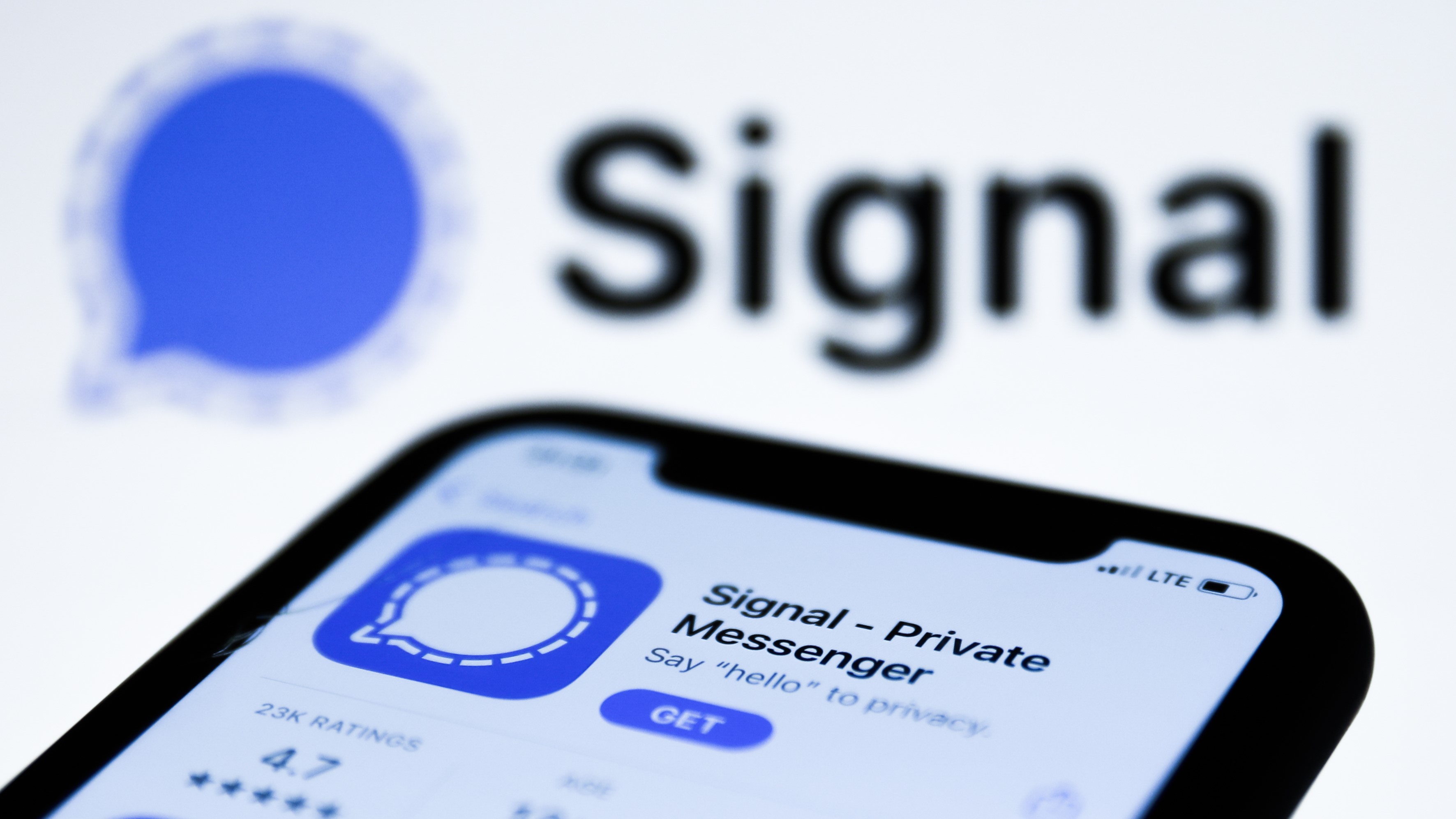
After a successful pre-beta period, popular encrypted messaging app Signal officially said goodbye to phone numbers for good, in the name of privacy.
This means that you can now connect with other people on the popular encrypted messaging app by using a username instead. You'll still need a phone number to register to the service but this "will no longer be visible in Signal" to anyone running the latest version of the app who hasn't saved it in their phone’s contacts before, according to the provider.
Currently available for beta users only, the new privacy-enhancing feature is expected to be rolled out for everyone in the coming weeks.
How to use Signal username
"Signal’s mission and sole focus is private communication. For years, Signal has kept your messages private, your profile information (like your name and profile photo) private, your contacts private, and your groups private—among much else. Now we’re taking that one step further, by making your phone number on Signal more private," wrote the provider in a blog post to announce the new feature.
The provider now allows you, in fact, to choose whether or not to share your phone number with people you chat with through the app. Instead, you can create a unique username to connect with anyone on Signal. Your phone number won't be visible to other users after doing that.
This username, the provider explains, is not the profile name that’s displayed in chats or a permanent handle visible to the people you are chatting with in Signal, but rather a way to initiate a chat with another user.
Put it simply, Signal usernames "do not function like usernames on social media platforms" and the app doesn't provide a searchable directory for them. Signal also ensures not to store these in plaintext, meaning that the provider cannot easily see or produce the usernames of given accounts.
To create a username you need to head to Settings and click on the Profile tab. This must be unique and contain two or more numbers at the end of it—a choice meant to minimize spoofing, the provider said. Username can be changed as often you wish to as well as been deleted entirely. You can even generate a QR code or link that directs people to your username to let them quickly connect with you on Signal.
IT IS HAPPENING! Today, Signal launches phone number privacy & usernames! These features let you use Signal w/o sharing your phone number with the people you talk toProud to add more privacy to Signal, & proud of the smart, careful work the team did to make this happen ♥️ https://t.co/ym8UhOfloYFebruary 20, 2024
Moreover, the provider also adds another new privacy setting to give you control over who can find you by your phone number on Signal. By selecting "Nobody," you'll prevent other users from finding you unless they have your exact unique username. Bear in mind that even the people who have your phone number saved in their contact list won't be able to start a conversation with you.
Well-known for its great commitment to the privacy and security of its users, Signal began testing the username option back in November last year. The move comes as yet another effort to reduce the personal information that a user needs to share in order to engage in private communications.
The update is now available for beta users only. This means that other users will still need to wait a few weeks to benefit from this privacy boost. Once fully rolled out, though, your phone number will go private by default. You can change this option by heading in the Settings tab, click on Privacy and Phone Number.
It's worth mentioning that both you and the people you are chatting with need to use the latest version of the app to enjoy these new protections.







